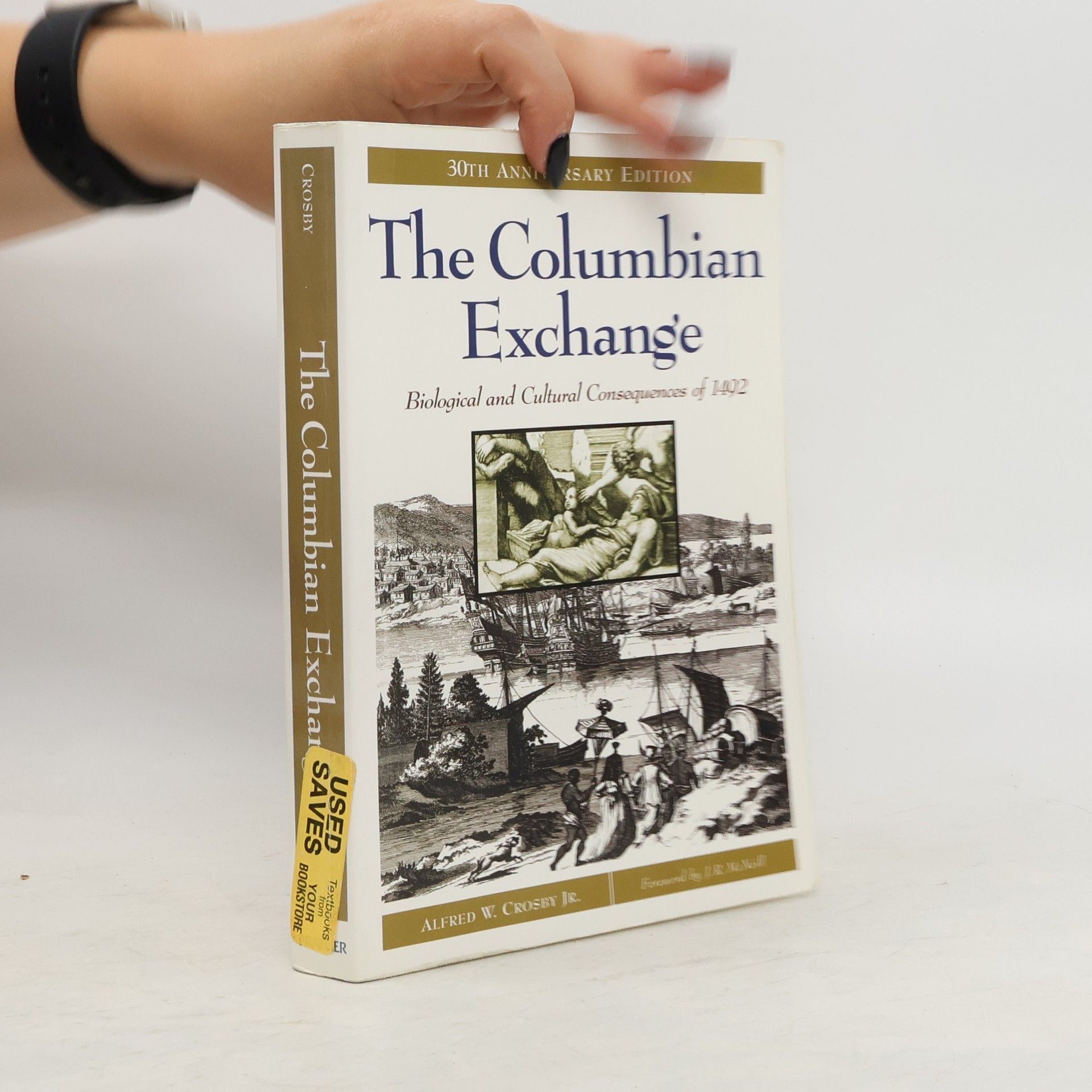Die Früchte des weissen Mannes
- 280 Seiten
- 10 Lesestunden
Alfred W. Crosby Jr. war ein interdisziplinärer Forscher, der Geschichte, Geografie, Biologie und Medizin verband. Er untersuchte die historischen Ursachen für die ungleiche Verteilung des globalen Reichtums und die biologischen Faktoren, die die europäische Expansion begünstigten. Ein zentrales Thema seiner Arbeit war der tiefgreifende Einfluss von Epidemien auf die Menschheitsgeschichte, wobei er die bedeutende Wirkung von Ereignissen wie der Grippepandemie von 1918 erkannte. Crosby prägte zudem den Begriff „Kolumbianischer Austausch“, ein Konzept, das den historischen Diskurs maßgeblich beeinflusst hat.


Thirty years ago, Alfred Crosby published a small work that stressed a simple point - that the most important changes brought on by the voyages of Columbus were not social or political, but biological in nature. This 30th anniversary edition includes a new preface from the author.